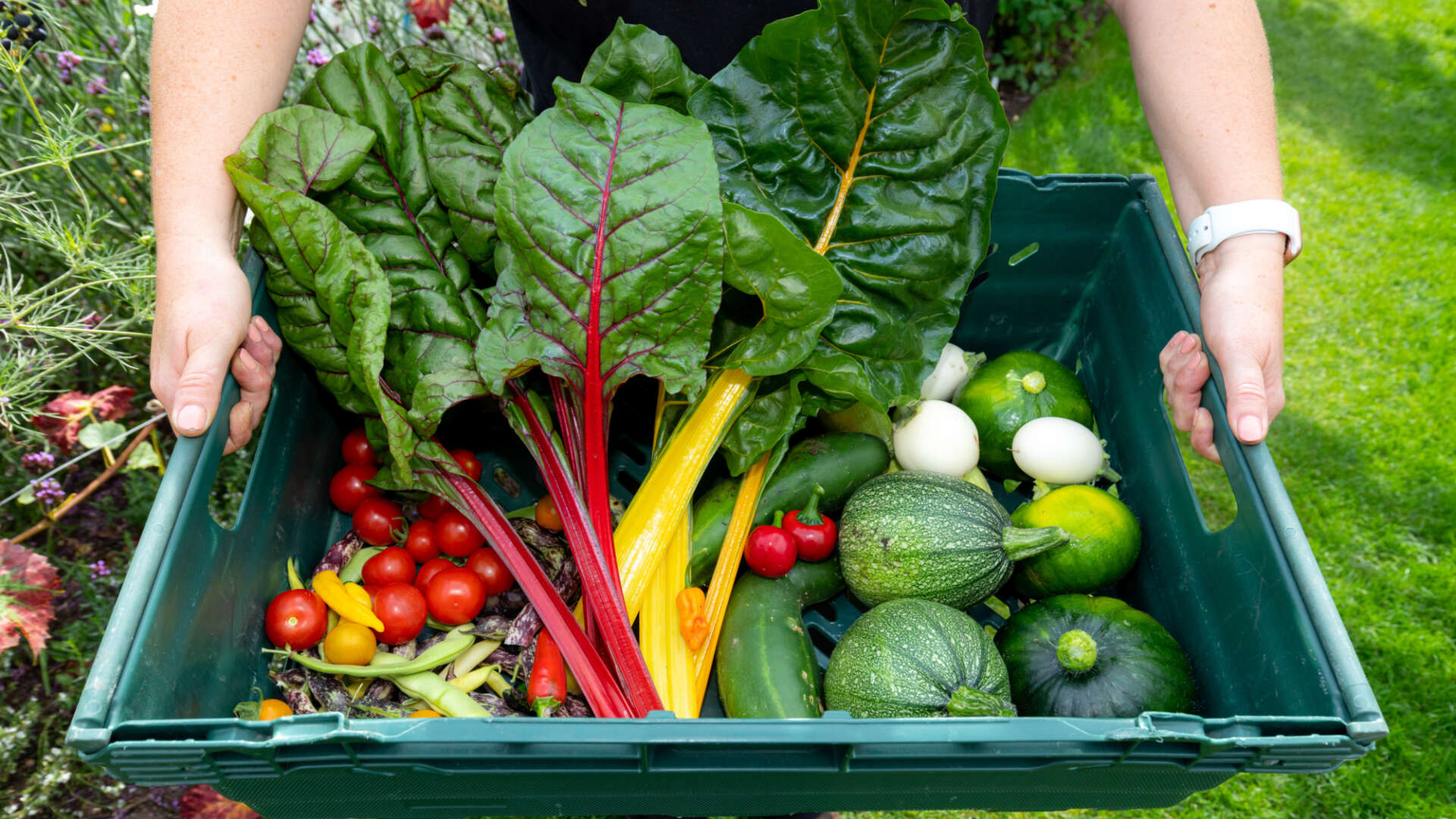Organic food is proven to be better for you!

This adds to their report from 2015 which concluded that organic crops are up to 60% higher in anti-oxidants.
Analysing data from around the world, the team reviewed 196 papers on milk and 67 papers on meat and found clear differences between organic and conventional products, especially in terms of fatty acid composition, and the concentrations of certain essential minerals and antioxidants.
Organic milk contains not only more Vitamin E and iron, it also has significantly higher concentrations of omega-3 fatty acids – including over 50% of the more nutritionally desirable very long chain ones (EPA, DPA and DHA). These particular fatty acids have beneficial effects on human health, including potential protection against cardiovascular disease, preventing loss of cognitive function in older people, helping to prevent dementia and to increase immune function.
Western diets tend to be deficient in Omega -3 and the European Food Agency recommends a doubling of dietary intake. By switching to organic milk, you can increase your intake of O-3 and some vitamins and iron, without increasing calories or intake of undesirable saturated fatty acids.
This report follows on from an earlier study that shows organic crops are up to 60% higher in a number of key antioxidants than conventionally-grown ones. Professor Carlo Leifert, University of Newcastle, writes
“The evidence from this study is overwhelming – that organic food is high in antioxidants and lower in toxic metals and pesticides.”
Switching to eating organic fruit, vegetable and cereals – and food made from them – would provide additional antioxidants equivalent to eating between 1-2 extra portions of fruit and vegetables a day.
For further reading see these pages, on the Newcastle University website, also this report on organic milk from the Soil Association.